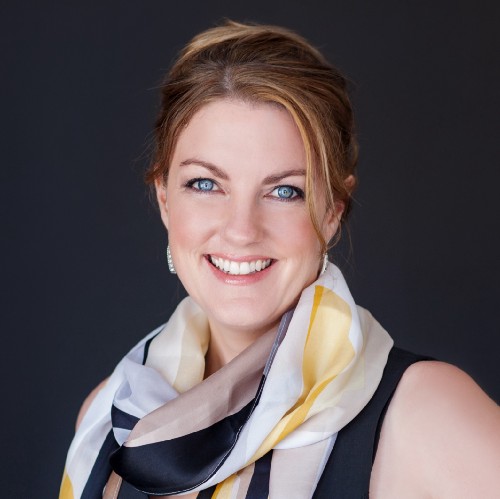Happiness is becoming a global pursuit. Yuval Noah Harari has argued that as advances in technology are rendering the primary concerns of humankind, starvation, war and plague irrelevant that we are becoming increasingly free to focus on higher goals, such as immortality and happiness.
In my work I see that people are striving for something beyond job satisfaction, securityand the goals of our ancestors of maintaining a healthy family. Wanting to be happy is now a primary concern.
In western society this is evident in the increasing number of biochemical solutions to the creation of happiness or perhaps the reduction of suffering. If we are depressed, we take antidepressants which lift our mood. If we are unhappy with our lives, we drink alcohol which alters our perceptions or helps us forget for a time. Half of all prison inmates in the USA are there because of drug related offences, perhaps indicative of an attempt to escape the distress or difficult circumstance of their lives. While I am not arguing against the need for some of these biochemical solutions in certain circumstances, I suspect that the average human has more control over their lives, moods and emotions than we are often led to believe.
Taking control
We have the capacity within us to take charge of our emotions, to make choices about how we respond to life’s events, whether positive or negative. We can alter our own brain chemistry through the choices that we make and change the patterns of thoughts that send us spiraling downwards and out of control.
All this is within us, but crucially we must believe that we have this capacity for change. We must be willing to examine and explore the circumstances of our lives and the ways in which we internally respond to these events. This ability to reflect on our own inner workings is unique to humans and offers us great possibilities. However, we need to make a choice to act upon and use this ability.
In generations past we believed that everything that happened was due to some greater power, that we had little influence on our own lives and that we were following a predetermined path. There is an argument too that when fully engaged in the task of survival as we were in centuries past, that there was little time for our self-reflective capacity to be utilized and perhaps that it may have been an impediment rather than a help. That is not the case in the 21st century, at least not for most people in the western world. Our basic needs are met, and our struggles are more likely to be with boredom, loneliness and disconnection. This gives us time to reflect and dwell on our own inadequacies and unhappiness, hence the new focus on happiness and purpose.
Making change
To make change in your thinking, your moods and your physiological states you need first to know where you are at. This is why the first step on any journey of this nature is self-reflection. Honest self-reflection, because you need to be honest with yourself about where you are at in life and what you are doing within yourself that is leading to your own suffering. Once you become more self-aware you can begin on a path to change in the manner of your own choosing.
Everyone is unique. The path you take must be your own, based on your life circumstances and your starting point. Examine if it is the external rewards that the world provides that bring you happiness or if these are just momentary gains that bring you pleasure for a brief period but then pass making you feel you have to achieve them over and over.
A great number of those I have worked with are successful by societies standards, and have achieved great wealth, admit to feeling a need to continually acquire more money. Why? For no other reason than it made them feel good last time and they are seeking that biochemical excitement again. It is an external reward that has no real internal meaning. This is replicated in those that seek knowledge, often for the sake of knowledge.
They come to realize a need for meaning and fulfillment. Not just in what they are contributing to society or in the acquisition of wealth or knowledge but more a need for personal meaning and a connection to their own values. To do this they must go inwards and explore what holds meaning to them and acknowledge honestly what changes they might need to make.
Follow Dr. Kate Price on LinkedIn
ABOUT THE AUTHOR
Dr Kate Price is an Executive Coach and Business Consultant with a Doctorate in Clinical Psychology. She has 20 years’ experience working with individuals, groups and organizations enabling them to overcome difficulties and develop skills in life and leadership. Contact her at [email protected] or visit the website.

